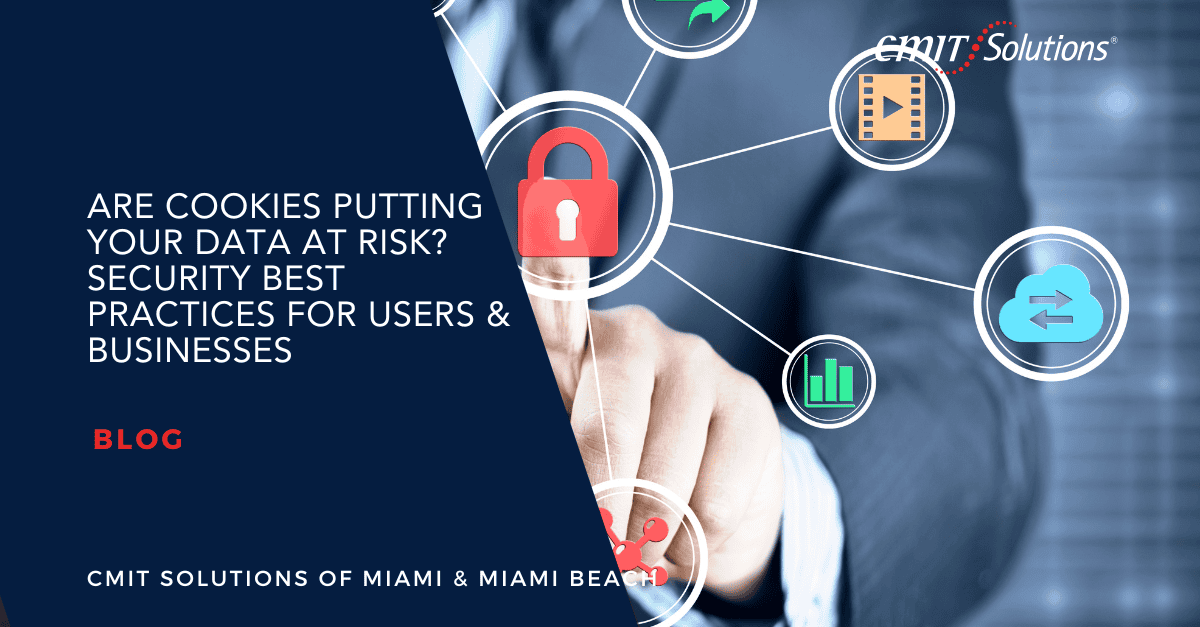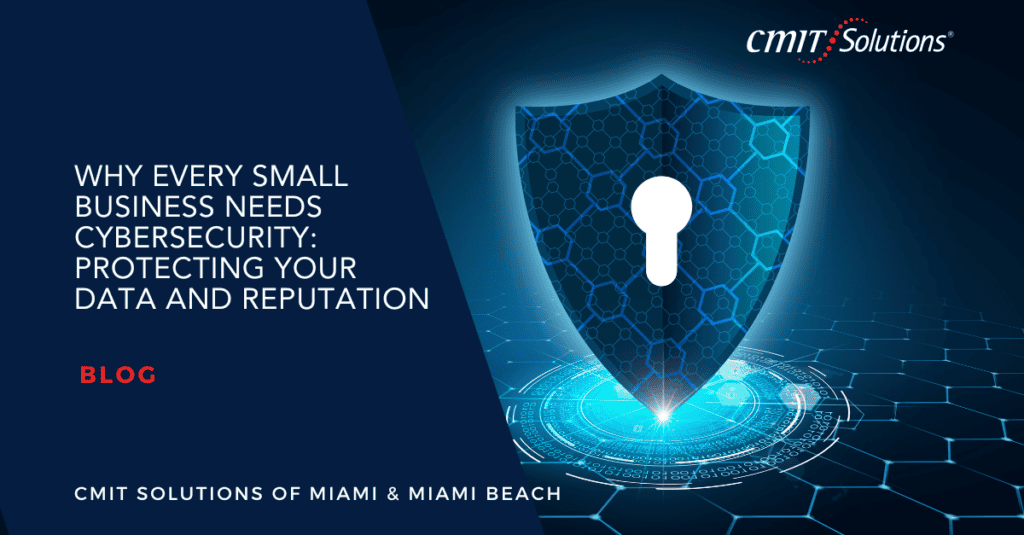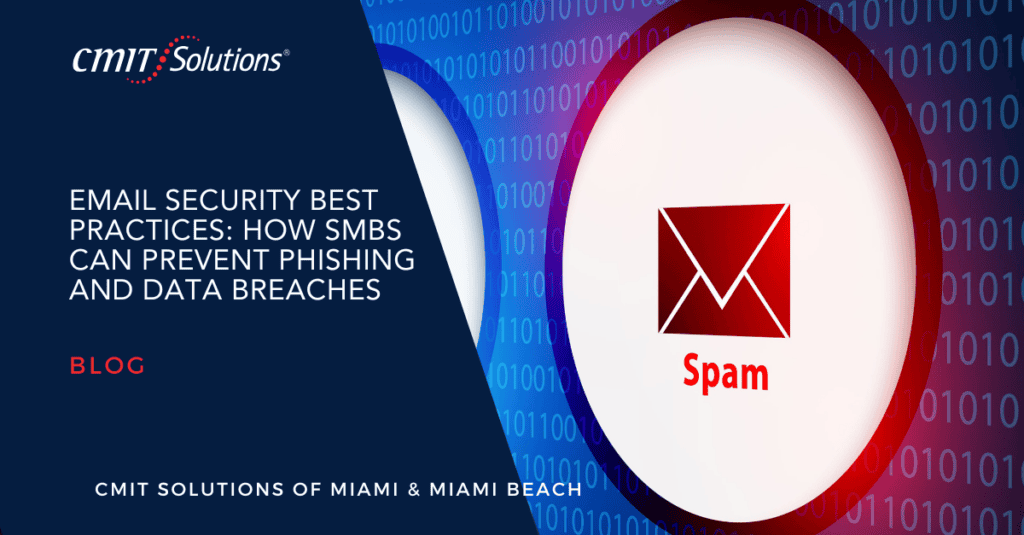Data is one of the most valuable assets for any business. With the increasing risk of cyber threats, accidental deletions, and system failures, having a reliable data backup strategy is more important than ever. As we move into 2025 and beyond, businesses in Miami & Miami Beach must adopt cutting-edge data protection solutions to ensure business continuity and security.
The Growing Importance of Data Backup
The digital landscape is evolving rapidly, with businesses generating and relying on vast amounts of data. Losing access to critical business information can result in financial losses, reputational damage, and operational downtime. The right data backup solution ensures:
- Fast recovery from cyber incidents or hardware failures.
- Compliance with industry regulations.
- Business continuity in the face of unexpected disruptions.
Explore data backup services that safeguard business-critical information from potential disasters.
Key Factors to Consider When Choosing a Data Backup Solution
1. Cloud vs. On-Premise Backup
Businesses must decide whether to use cloud-based backup, on-premise solutions, or a hybrid approach. Each option has its advantages:
- Cloud Backup: Scalable, cost-effective, and accessible from anywhere.
- On-Premise Backup: Provides direct control over data and may be preferred for regulatory compliance.
- Hybrid Approach: Combines cloud flexibility with on-premise security for a balanced solution.
Learn more about cloud services to determine whether a cloud-based backup fits your business needs.
2. Security and Encryption Measures
With rising cyber threats such as ransomware and phishing attacks, businesses must prioritize security when selecting a data backup solution. Look for:
- End-to-end encryption to secure data during transfer and storage.
- Multi-factor authentication (MFA) for added protection.
- Regular vulnerability assessments to prevent unauthorized access.
Strengthen cybersecurity defenses with proactive measures that secure business data.
3. Compliance with Industry Regulations
Businesses in regulated industries such as finance, healthcare, and legal services must ensure that their backup solutions meet compliance requirements like HIPAA, GDPR, and PCI-DSS. Non-compliance can result in hefty fines and legal consequences.
Compliance services help businesses adhere to industry-specific data protection standards.
4. Backup Frequency and Recovery Speed
Data backup solutions should support automated backups at frequent intervals to minimize data loss. Consider:
- Real-time or daily backups for critical business information.
- Fast recovery times to minimize downtime after a data loss incident.
- Disaster recovery testing to validate data restoration processes.
Prevent downtime disruptions with robust backup and disaster recovery solutions.
5. Scalability and Storage Capacity
A scalable backup solution ensures businesses can store increasing amounts of data as they grow. Look for:
- Flexible storage options that expand with business needs.
- Automatic data deduplication to optimize storage space.
- Cost-effective pricing models for long-term data management.
Managed IT services offer tailored backup solutions that scale alongside business growth.
Best Practices for Implementing a Data Backup Strategy
1. Adopt a 3-2-1 Backup Strategy
The 3-2-1 backup rule is a widely recommended approach:
- Three copies of data: One primary and two backups.
- Stored on two different media types: Local server and cloud storage.
- One backup stored offsite: Ensuring protection against disasters like fires or cyberattacks.
2. Test Backups Regularly
Backing up data is not enough—routine testing is crucial to ensure the backups are functional. Schedule:
- Monthly test recoveries to verify data integrity.
- Annual disaster recovery drills for IT teams.
- Automated backup monitoring to detect failures.
IT guidance provides expert assistance in setting up and testing backup strategies effectively.
3. Train Employees on Data Backup Best Practices
Human error remains one of the leading causes of data loss. Educate employees on:
- Recognizing phishing attacks that target sensitive information.
- Proper data handling procedures to minimize accidental deletions.
- Secure file storage and sharing practices.
Productivity applications help streamline workflows while maintaining security.
4. Leverage Unified Communications for Secure Data Sharing
Businesses that share large amounts of data internally or with clients should implement secure unified communication tools to prevent leaks.
- End-to-end encrypted messaging for confidential information.
- Secure video conferencing and file sharing.
- Access controls to restrict sensitive data exposure.
Unified communications ensure seamless collaboration without compromising security.
5. Invest in Reliable IT Procurement
Choosing the right hardware and software for data backup is essential for long-term reliability. Businesses should:
- Select enterprise-grade storage devices with failover protection.
- Use secure backup software with built-in encryption.
- Implement redundant power supplies for uninterrupted operations.
IT procurement services help businesses invest in the right technology to safeguard data.
The Future of Data Backup: Emerging Trends for 2025 and Beyond
As data storage needs evolve, businesses must prepare for emerging backup technologies:
- AI-driven data protection: Automating backup and cybersecurity responses.
- Blockchain-based backups: Enhancing data integrity and security.
- Edge computing storage: Reducing latency for real-time backup.
- Zero-trust backup security: Implementing continuous authentication protocols.
Stay ahead of IT challenges with future-ready backup solutions.
Final Thoughts: Choosing the Right Backup Solution for Your Business
Selecting a data backup strategy tailored to business needs is crucial for long-term resilience. The right solution ensures data security, regulatory compliance, and rapid recovery in case of unexpected disruptions.
For businesses in Miami & Miami Beach, investing in cloud-based, scalable, and secure backup solutions protects valuable assets and ensures business continuity.
Contact us to explore customized data backup strategies designed to secure your business for 2025 and beyond.




